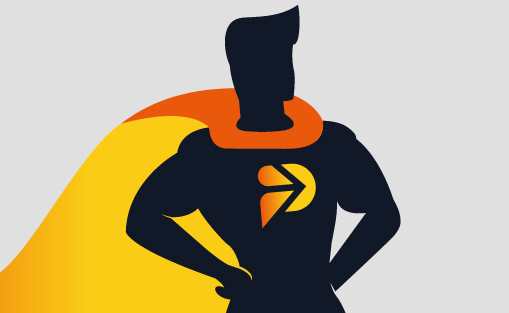Podfather Earthworks on the M25 road widening project

The M25 road widening project commenced in 2009, to expand a 38-mile swathe of the M25 motorway from Junction 16 (the M40 junction) to Junction 23 (the A1 junction) & from Junction 27 (the M11 Junction) to Junction 30 (the A13). The £ multi billion contract was awarded to a consortium led by Balfour Beatty and Skanska, who appointed McArdle Group, a leading civil engineering services company as the primary earthworks subcontractor.
The contract requires McArdle Group to implement a complex haulage management system as part of its wider remit to remove and replace millions of tonnes of soils, aggregates and other materials. Peak haulage requirements exceed 100 tipper trucks undertaking in excess of 1,000 loads per day, and the Podfather Earthworks system is used to electronically manage the entire Pick Up/Drop Off administration to track and record every load.
Whereas until now, every procedure was recorded manually when a truck arrived on site, the Podfather has automated this process. Previously, this would involve a manual ticketing process whereby, on completing their operations, a driver would issue a ticket to a foreman and all paperwork would then be collated and returned to McArdle Group’s office. A hugely laborious process with duplication of data entry.
Peter Murphy, IT Manager of McArdle Group, explains the new process, “Now that The Podfather has been adopted to automate procedures, the onsite ‘Checkers’ can quickly record the details of all vehicles and materials arriving at the works site. Each vehicle has a barcode sticker on the side of the cab, whilst the Checker has a site reference barcode on a lanyard worn around their neck.
“When the vehicle pulls up to collect a load, the bar code is scanned both on the vehicle and lanyard. The Checker then inputs the quantity and material type – e.g. topsoil, subsoil, or recycled material – onto the Podfather system after which the driver signs the screen to acknowledge receipt. A uniquely barcoded waste transfer note is then printed from a mobile Zebra printer, ensuring we comply with industry regulations such as Duty of Care requirements.
“When the driver delivers the load, the ticket is presented to the Checker at the tip-site. The barcode is scanned and the details of the collection are confirmed by the checker – including a rescan of the vehicle and tip-site barcodes – before signing the PDA to confirm delivery. A real-time check is performed by The Podfather to ensure tickets aren’t double scanned which prevents both accidental and fraudulent duplication of tickets.
“Tickets are uploaded to The Podfather system, the Collection and Delivery tickets are automatically matched, so they can then be reconciled and invoices generated before data is integrated into our internal systems.”


